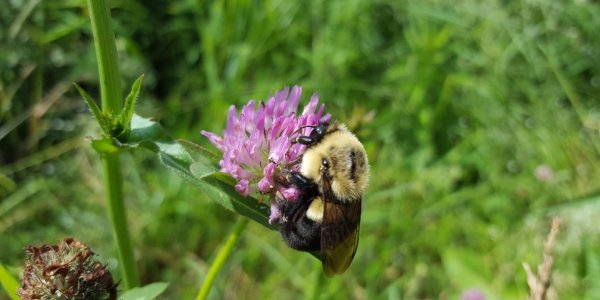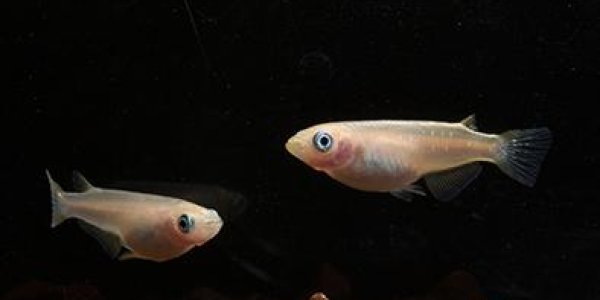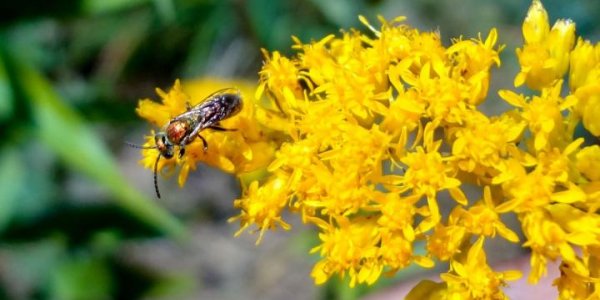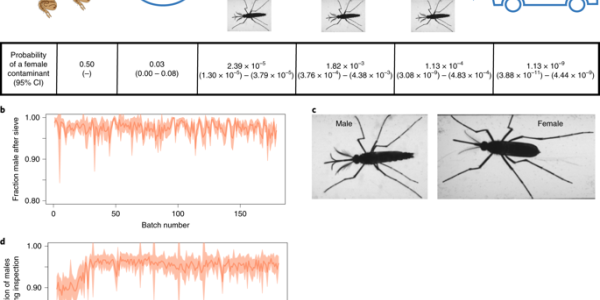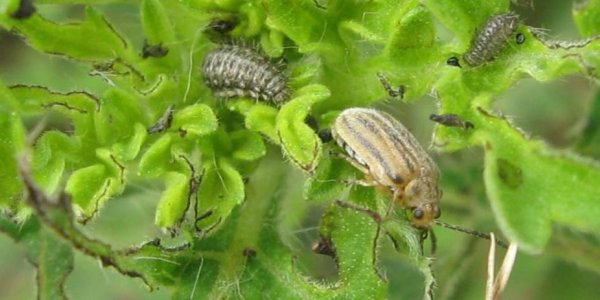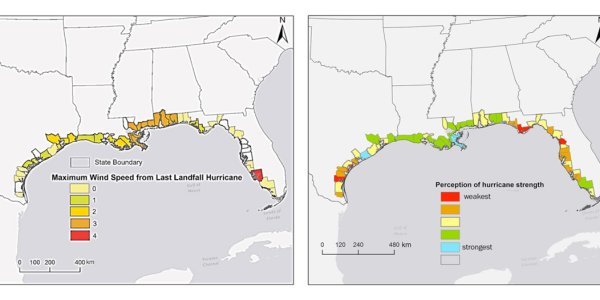Parasites Are What Kill Bees, So More Beekeepers Won't Stop Colony Collapse Disorder - But This Mitigation Might
Bees face a variety of challenges in the modern world. Changes to land use and evolving parasites have always been significant issues. For as long as beekeeping records have been kept, 1,100 years,…
